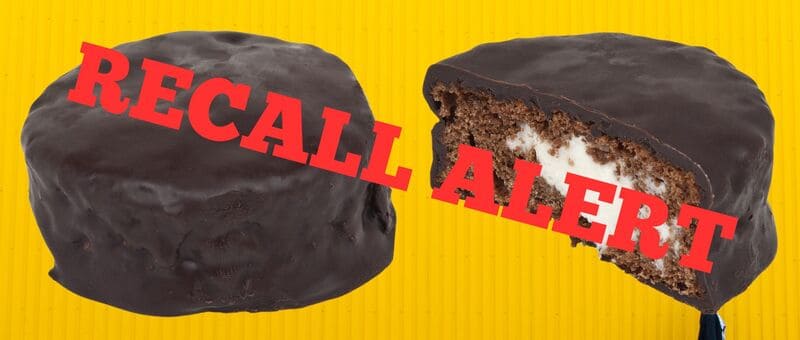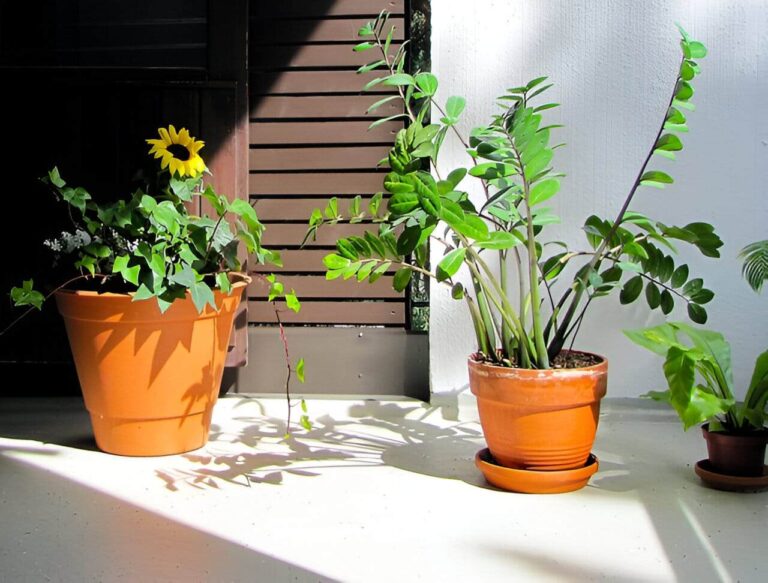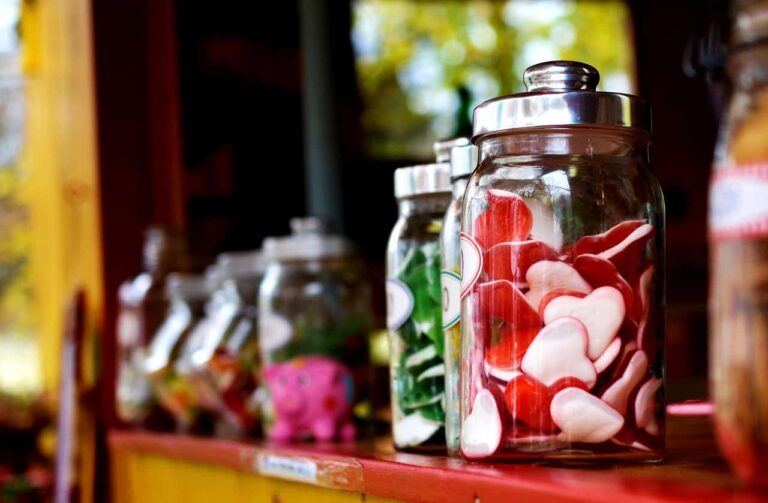Hostess Ding Dongs Recall for Mold Risk—Check Your Snack Cakes Now
Well, this is one way to ruin your afternoon snack break. If you’re one of those people who keeps a stash of Hostess Ding Dongs in your pantry (no judgment here—we’ve all been there), you might want to pause that chocolatey craving and check your packages. The beloved snack cake company just announced a Ding Dongs recall that has parents everywhere frantically rummaging through their kitchen cabinets.
Discovering your favorite comfort food might be growing science experiments isn’t exactly the news anyone wants to hear. But before you start mourning your chocolate-covered dreams, here’s everything you need to know about this recall and why it’s actually a good thing that Hostess caught this issue early.
What’s Behind This Hostess Ding Dongs Recall?
The Ding Dongs recall isn’t your typical “oops, we forgot to mention this contains nuts” situation. This one’s about potential mold contamination, which sounds way scarier than it probably is for most of us. J.M. Smucker Co., Hostess’s parent company, discovered that a mechanical hiccup during manufacturing created conditions that could support mold growth before the expiration date.
Think of it like leaving your bread in a slightly too-humid spot—except this happened in a factory where thousands of snack cakes were being made. The good news? The company identified and fixed the problem quickly, and no other Hostess products (yes, your Twinkies are safe) were affected.
Which Ding Dongs Products Are Part of the Recall?
Here’s where you’ll want to grab those packages and play detective. The Ding Dongs recall affects three specific varieties, and you’ll need to match up some numbers to see if yours made the naughty list:
Hostess Ding Dong 6-count (2.55 oz twin packs):
- UPC codes: 00888109010027 (twin packs) or 00888109011857 (6-count carton)
- Lot numbers: 5167832, 5168832
Hostess Ding Dong 10-count (1.28 oz cartons):
- UPC code: 00888109110611
- Lot numbers: 5167832, 5168832, 5169832, 5170832, 5171832
Hostess Ding Dong 16-count (1.28 oz cartons):
- UPC codes: 00888109011826 (individual) or 00888109110925 (16-count)
- Lot numbers: 5167832, 5168832, 5169832, 5170832
The products affected by the Ding Dongs recall have best-by dates ranging from August 30, 2025, to September 3, 2025. If your numbers match, congratulations—you’ve won the recall lottery (the prize is returning your snacks, unfortunately).
Why Mold in Food Is No Joke
Before anyone starts thinking, “It’s just a little mold, what’s the big deal?”—let’s pump the brakes. While accidentally eating a tiny bit of mold probably won’t send you to the emergency room, it’s not exactly something you want to make a habit of.
Mold can trigger allergic reactions, cause respiratory problems, and lead to gastrointestinal upset that’ll have you questioning every food choice you’ve ever made. Some molds produce mycotoxins, which are about as unpleasant as they sound. Plus, people with compromised immune systems, young children, and older adults are especially vulnerable.
The tricky thing about mold is that it’s like an iceberg—what you see on the surface is just the beginning. Those fuzzy spots can send invisible roots deep into your food, so cutting off the moldy parts isn’t going to save your snack.
What Should You Do if You Have Recalled Ding Dongs?
First things first: don’t panic, but also don’t eat them. If your Ding Dongs match the recalled products, treat them like that expired yogurt you’ve been avoiding in the back of your fridge—straight to the trash (or better yet, back to the store).
Most retailers will give you a full refund or replacement, no questions asked. It’s actually refreshing to see a company take responsibility and make things right when something goes wrong. Hostess has been pretty upfront about the whole situation, which is more than we can say for some companies when recalls happen.
If you’ve already eaten some of the affected products and you’re feeling fine, you’re probably going to stay that way. But if you start feeling queasy or notice any unusual symptoms, it might be worth mentioning to your doctor that you consumed a potentially contaminated product.
The Silver Lining in This Ding Dongs Recall
Here’s something that might make you feel a little better about this whole mess: Hostess actually caught this problem and issued the Ding Dongs recall before anyone got sick. That’s their quality control system working exactly as it should. Sure, it’s inconvenient, but it’s way better than finding out about contamination after people start getting ill.
Kevin Thompson, CEO of 9i Capital Group, pointed out that this kind of proactive approach actually demonstrates that the company’s safety measures are functioning properly. In a world where we hear about food safety issues constantly, it’s reassuring when a company steps up and says, “Hey, we found a problem, and we’re fixing it.”
Moving Forward: What This Means for Hostess Fans
Let’s be real—this Ding Dongs recall probably isn’t going to stop people from buying Hostess products long-term. We’ve seen companies bounce back from much worse situations, and Hostess has been pretty transparent throughout this whole process. The fact that they identified the mechanical issue, fixed it quickly, and issued a comprehensive recall shows they’re taking food safety seriously. Plus, let’s face it—when you’re craving that specific combination of chocolate cake and cream filling, there really isn’t a substitute.
If you’re feeling nervous about buying Hostess products in the near future, that’s totally understandable. But remember that this recall actually demonstrates their quality control is working, not failing. So check your pantry, return any affected products, and maybe consider this a sign from the universe to try that new bakery down the street. Or don’t—we’re not here to judge your snack choices. Just make sure they’re not growing their own science experiments first.







